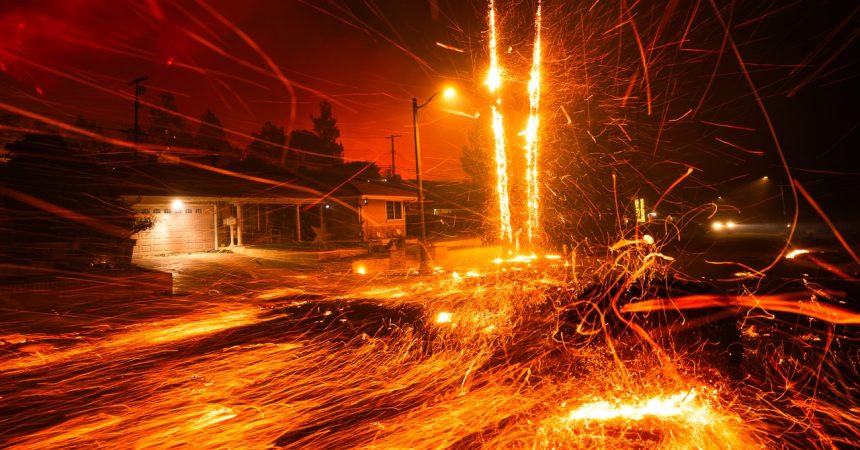The devastating wildfires that ripped through Los Angeles in [Date], consuming over 28,000 acres and claiming at least five lives, became the focal point of a politically charged blame game. Rather than attributing the catastrophe to climate change or the prolonged drought, prominent figures on the right, including former President Donald Trump and his supporters, pointed fingers at “woke” policies and the perceived prioritization of diversity, equity, and inclusion (DEI) over competence. This narrative, amplified across right-wing media and social media platforms, sought to connect the tragedy to the political ideology of California’s Democratic leadership, specifically Governor Gavin Newsom.
Trump, a staunch advocate for fossil fuel expansion despite scientific consensus linking it to extreme weather events, publicly criticized Newsom’s environmental policies. He falsely claimed Newsom had refused to sign a “water restoration declaration,” preventing water from reaching the fire-stricken areas. This claim, swiftly debunked by Newsom’s office, centered on a fictitious document and a narrative of prioritizing an endangered fish species over human lives. This rhetoric echoed a recurring theme from the right, framing environmental protections as detrimental to human welfare.
The “woke” narrative extended beyond environmental policy. Donald Trump Jr. and Elon Musk, both influential figures in conservative circles, explicitly linked DEI initiatives to the fire’s devastating consequences. Their social media posts, echoing sentiments spread by other right-wing commentators, insinuated that a focus on DEI had compromised the competence of the Los Angeles Fire Department (LAFD), directly leading to the loss of life and property. This rhetoric tapped into existing anxieties about societal changes and sought to create a causal link between progressive policies and disaster.
This blame-shifting tactic further targeted LAFD Chief Kristin Crowley, the department’s first female and openly LGBTQ leader. Musk, known for promoting conspiracy theories, amplified a post by the controversial anti-LGBTQ account LibsOfTikTok, questioning Crowley’s competence based on her identity and her emphasis on DEI within the department. The post, viewed millions of times, exemplified the personalized attacks used to discredit individuals associated with progressive values, further fueling the “woke” narrative surrounding the disaster.
The right-wing media ecosystem, including conservative news outlets and online personalities, amplified these claims, effectively framing the wildfires as a consequence of liberal policies. This narrative played into a broader pattern of attributing societal problems to “wokeness,” echoing past criticisms of political correctness and affirmative action. By scapegoating DEI and progressive policies, the right sought to deflect attention from climate change and the impact of prolonged drought, effectively politicizing a natural disaster.
The wildfire tragedy became a stark example of how political polarization can shape the narrative around even the most devastating events. The right’s “woke” narrative, fueled by misinformation and amplified by influential figures, sought to exploit the crisis to advance a political agenda. This strategy, by focusing on identity politics and perceived cultural grievances, effectively sidelined crucial conversations about climate change, drought mitigation, and disaster preparedness. The politicization of the wildfires underscores the increasing difficulty of addressing complex societal challenges in a deeply divided political landscape.



